Description
Cobalt Sulfate Monohydrate: A Versatile Compound with Diverse Applications
Cobalt sulfate monohydrate, with the chemical formula CoSO₄·H₂O, is an inorganic compound that plays a surprisingly significant role in various industries. While its name might sound complex, understanding its properties and applications reveals a substance that’s far more common and important than many realize.
What is Cobalt Sulfate Monohydrate?
At its core, cobalt sulfate monohydrate is a salt derived from sulfuric acid, with a single water molecule (monohydrate) associated with each cobalt sulfate molecule. It appears as a reddish, crystalline solid that is readily soluble in water. The presence of cobalt gives it unique magnetic and catalytic properties, which explain its wide range of applications.
Key Properties:
Appearance: Reddish, crystalline solid
Solubility: Highly soluble in water
Chemical Formula: CoSO₄·H₂O
Molecular Weight: 173.05 g/mol
Magnetic Properties: Exhibits paramagnetic properties due to the cobalt ion.
Catalytic Activity: Cobalt compounds are known for their catalytic capabilities.
Versatile Applications:
The unique properties of cobalt sulfate monohydrate make it a valuable ingredient in several fields:
Battery Production: Perhaps its most significant application currently, cobalt sulfate monohydrate is a crucial component in the production of lithium-ion batteries, particularly those used in electric vehicles, smartphones, and other portable electronic devices. The cobalt enhances the battery’s stability, lifespan, and energy density. The demand for cobalt sulfate is soaring due to the rapid growth of the electric vehicle market.
Pigments & Ceramics: Cobalt sulfate is a precursor in the manufacture of cobalt-based pigments, valued for their deep blue hues. These pigments find use in ceramics, paints, and glass, providing rich and vibrant color. It can also be used to create glazes with unique properties.
Animal Feed: In agriculture, cobalt sulfate serves as a trace nutrient in animal feed. Cobalt is essential for vitamin B12 production in animals, particularly ruminants like cattle and sheep. Insufficient cobalt can lead to deficiency-related health issues.
Catalysis: Cobalt compounds, including cobalt sulfate, are used as catalysts in various chemical processes. They can facilitate reactions in the petroleum industry, the production of plastics, and the removal of harmful compounds from industrial waste.
Electroplating: It is utilized in electroplating processes to deposit a thin layer of cobalt onto metal surfaces. This coating provides increased resistance to corrosion and wear, enhancing durability and extending the lifespan of the metal parts.
Other Applications: Cobalt sulfate also has uses in the production of specific types of inks, as a drying agent in paints, and in certain medical procedures.
Importance and Future Outlook:
Cobalt sulfate monohydrate is a critical material in numerous industries, and its significance is only expected to increase. The global trend towards electrification, particularly in transportation, is driving unprecedented demand for cobalt-containing batteries. This demand has raised concerns about the ethical sourcing of cobalt and the environmental impact of its extraction and processing.
Moving forward, research is focusing on developing alternative battery chemistries that reduce or eliminate the need for cobalt, as well as promoting sustainable and responsible sourcing practices for this crucial element.
In Conclusion:
Cobalt sulfate monohydrate is a versatile compound with a wide range of applications, from powering our electronic devices to enhancing the colors of our art. Its role in battery technology makes it an increasingly important material in the 21st century. As we navigate the challenges of sustainability and resource management, responsible use and sourcing of cobalt will be crucial for ensuring a future powered by clean energy and innovative technologies.



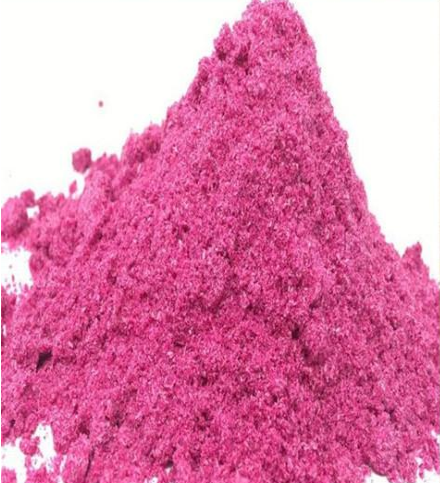
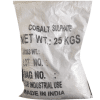
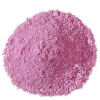
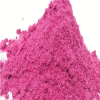
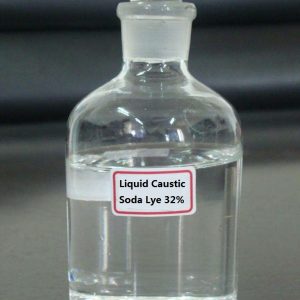
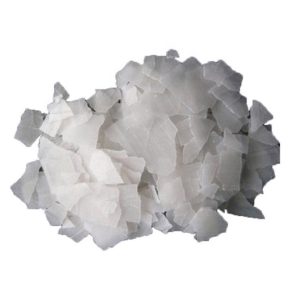
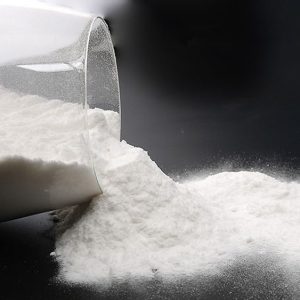
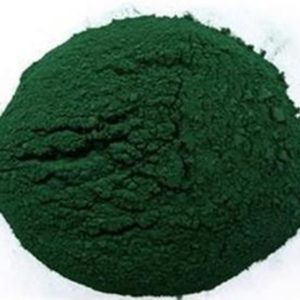

Reviews
There are no reviews yet.